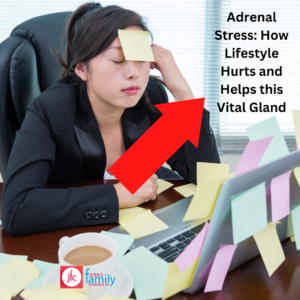Podcast: Play in new window | Download
LISTEN TO THIS WEEKS PODCAST HERE
A lot of people feel an auto accident isn’t that bad, especially when they’re not feeling any pain at the moment. Yea, imagine you were driving calmly to work, switching between your favorite jam stations, when suddenly heard a crunch at the trunk of your car with your head whipping back and forth.
The low-impact collision smashed your taillights but you felt okay because you didn’t experience any pains at the moment. So you took notes, exchanged information with the other motorist, and zoom off without signing any release form of settlement (fortunate for you).
But after a few weeks, you begin to discover symptoms of whiplash injury and wonder why it is delayed. Well, it is quite common for injury-related pain after an auto accident to be delayed and they can appear in different ways.
Types of Delayed pains after an Auto/Car accident
You may not notice some pains at the time of an accident, but as times goes on (maybe one or more weeks), you may start experiencing symptoms of serious injury. Some common types of pain that can be delayed after an auto accident include the following:
Pain in the Neck or shoulders: You may experience pain in your neck and shoulder right after an accident, but it can be delayed sometimes, emerging several days later. This is often a sign of whiplash and could also indicate a spinal injury.
Headaches: You need to observe the severity and location of the pain. It could be a sign of whiplash, concussion, neck injury, brain injury, or even a blood clot. However, it could be stress-related or caused by post-traumatic stress disorder (PTSD) after an accident.
Numbness, tingling, etc.: You can feel these types of sensations when you have a herniated disc that presses or pinches on nerves in the spine. This pinching can result in tingling, numbness, or other sensations.
Back pain: This form of pain can also be delayed and it may be a sign of a whiplash-related injury. Besides, it could also be a sign of a herniated disc, sprain, or other injuries like muscle damage.
Emotional pain: You may feel anxiety, depression, or sometimes PTSD after the whole accident chaos goes down. In this case, it may be associated with physical injury or the actual incident. But if you suffer brain injuries, it may also lead to emotional pain and suffering.
Abdominal pain: If you experience internal soft-tissue injuries, it can be fatal if left untreated. So if you notice it days after an accident, ensure you seek immediate medical attention. When you have internal bleeding, it may cause dizziness, headaches, and deep bruising.
What to do before signing a release of liability for settlement
If you want to settle a car accident claim, it is customary for you to sign a release of liability form as the injured party. So this ends the lawsuit and all future claims around the accident.
But unfortunately, a lot of people do not get an opportunity to ascertain all of the injuries caused by the auto-accident, especially when it is a low-impact collision. This may cause you to lose out on compensation for injuries and pains that are delayed.
So, it is advisable to get a complete medical evaluation before signing any such release. You can consult our Chiropractic office at Elizabeth City, NC to get the best check-up to know where you have delayed pains. In addition to this, you can also get an accurate estimate of the medical cost that these injuries might incur in the future.
You can consult Dr. Jason Jones if you notice any of the above-listed pains several days after an auto accident. We would help you diagnose the symptoms and treat potential lingering problems using our corrective Chiropractic techniques.




